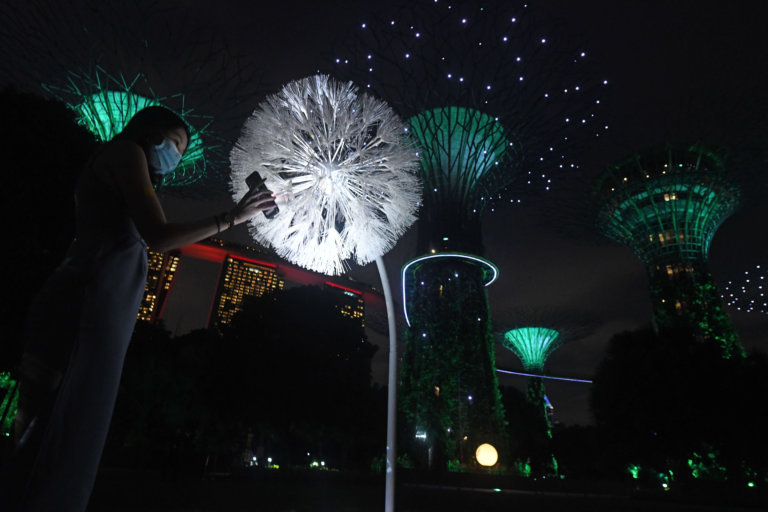
What happens when you combine technology, tough penalties and obedient students? Zero cases of COVID-19 at Singapore’s three major universities: Nanyang Technological University (NTU), National University of Singapore (NUS) and Singapore Management University (SMU).
At the country’s flagship uni NUS, the strategy is to contain, decongest and trace contacts. Technology is used to enforce social distance; tough penalties to deter rule breakers. It is also tracing the virus in the sewage of its dormitories. When students return, NTU and NUS are prepared to test extensively.
NUS wants to “make sure there are no infections,” president Tan Eng Chye tells New York Times. “We are very mindful that we are a big population of 50,000 just on campus, and whatever we do also has a bearing on the larger community outside the campus.”
SMU Associate Professor of Information Systems Rajesh Krishna Balan said that Singapore universities have not had any outbreak because the government took good care of the policies. SMU is planning to restart face-to-face classes as the country proceeds with its reopening.

This photo illustration shows a mobile phone user displaying the TraceTogether application, used to aid contact tracing efforts relating to the ongoing COVID-19 situation. Source: Roslan Rahman/AFP
The success of Singaporean universities in curbing the spread of the virus stands in stark contrast to several American and British universities when students returned after summer break. The island nation has had almost 59,000 coronavirus cases and 29 deaths. Since last fall, however, it has averaged fewer than one locally transmitted case daily.
It was the first country to approve the Pfizer-BioNTech COVID-19 vaccine, with agreements and payments made on Moderna’s and Sinovac’s. By the third quarter of 2021, it aims to have enough vaccine doses for all of its 5.7 million population. Vaccination coverage is expected to complete by the end of this year. “Our priority over the next few months is to ensure that the vaccines that we use are safe and effective, and we are able to roll out this programme to the whole population smoothly and in an orderly manner,” health minister Gan Kim Yong said.
The policies may be effective in managing the virus spread, but not everyone agrees they promote student wellbeing. Students report being isolated in dorm rooms, difficulty accessing banking services and unable to organise group meetings. A petition for better zoning policies at NUS and fee rebates for not being able to use facilities freely garnered more than 800 signatures.







